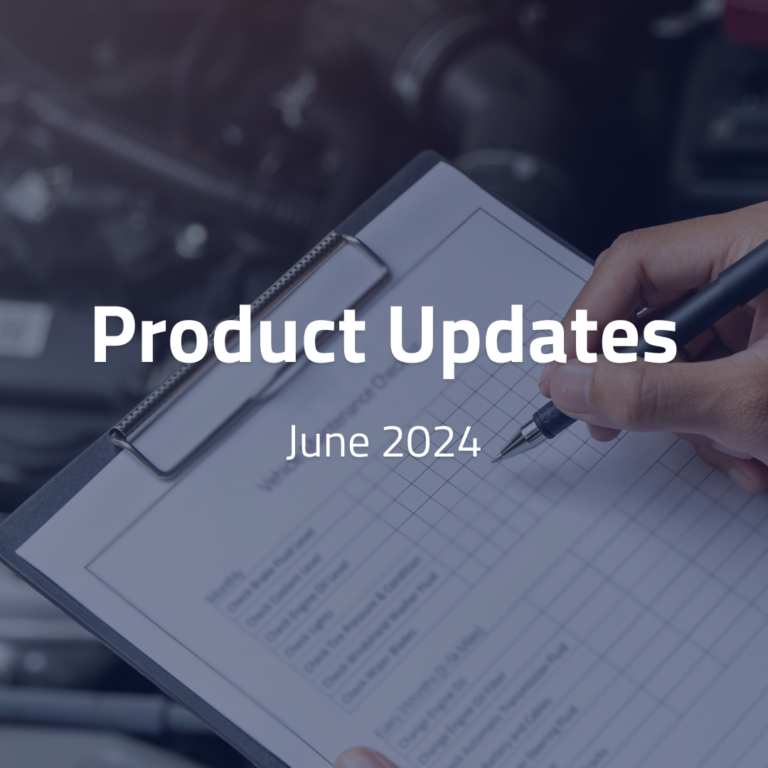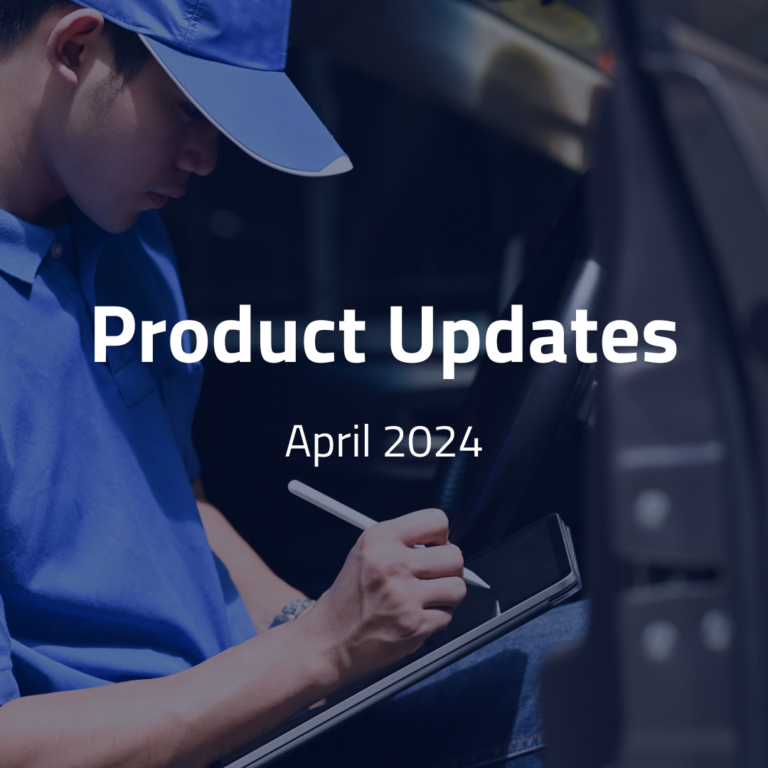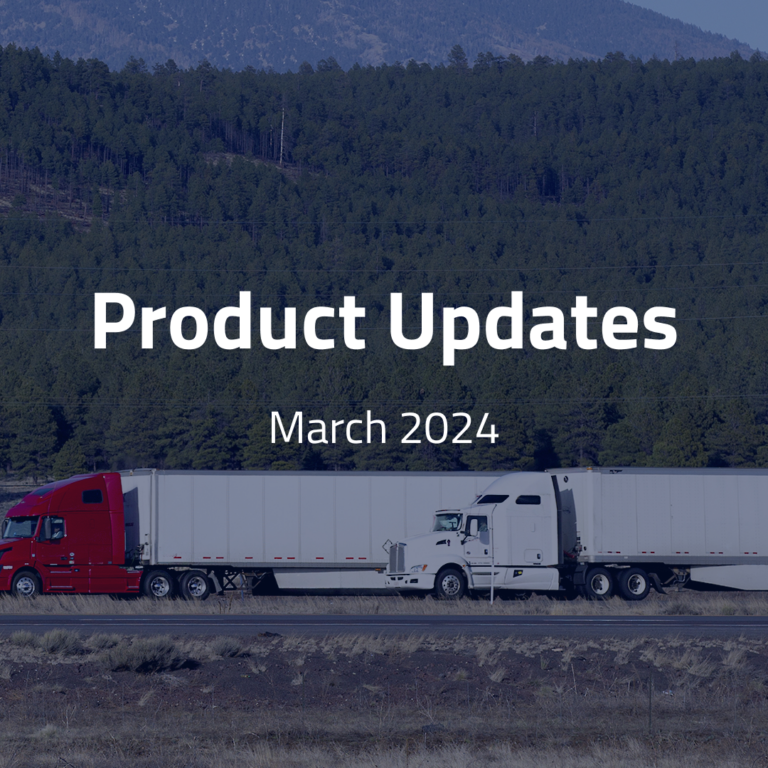
How Too Much Data Is Challenging Fleet Operations
11 July 2023
Read time: 5 min
The wrong data is crippling fleet managers
It won’t come to any surprise that I’m writing a blog about data as the GTM and marketing lead for a predictive maintenance software. After all, the rise of it within the fleet industry was the foundation of what you see today at Pitstop. A fleet manager can’t get very far on the internet when searching for “fleet management best practices” or “fleet maintenance tips” without seeing the words “data” and “benefits” together.
The advent of advanced technologies, telematics, as well as “smart” trailers, trucks and vehicles, has provided fleet managers with a wealth of data, where solutions are promising a wide range of positive returns. From improved decision-making, driver safety, increased efficiency, and lower expenses, the values are vast because data is now an indispensable tool for managing fleet operations effectively.
But let me take you for a spin by flipping the conversation. With too much of a good thing comes its challenges and unfortunately, many solutions out there are not only not addressing the challenges but creating them. The hard truth is amidst the data flood, many fleet managers are overwhelmed or are receiving too much of the wrong data and resulting to further inefficiencies.
So for once, let’s address these modern pains.
This blog explores the top 5 potential downsides of data, how, when partnered with the wrong solution (or lack there of), it can cause more challenges for experienced fleet managers and where you can go from here.
1. Information Overload
“What’s the point of having all this data and reporting when it is too much to know what to do with?”
A fleet professional once told me this in regards to having too many solutions promising similar things.
With the proliferation of telematics systems, GPS tracking, and various vehicle sensors, fleet managers are inundated with overwhelming data. Sorting through this vast information can be time-consuming and daunting, especially for managers who lack the necessary tools or expertise to analyze and interpret the data effectively. Instead of providing valuable insights, data overload can lead to a crippling effect, confusion, and inefficiency.
2. Lack of Contextual Understanding
While data can offer valuable insights, it often needs more context to be truly actionable. Too often, with certain solutions, an alert contains just a code or one or two-word descriptions. Fleet managers may receive an abundance of these data points where without the proper understanding of the underlying factors and circumstances, they can make informed decisions a challenge, if not impossible. This can lead to misguided actions (or ignorance altogether) that fail to address the root causes of issues or optimize fleet performance.
3. Data Accuracy and Reliability
Data is only as good as its accuracy and reliability. This is something we strongly believe in at Pitstop. In the fleet industry, there can be various factors that affect data quality, such as technical glitches, connectivity issues, or human error during data collection and transmission. Relying on inaccurate or incomplete data can lead to flawed decision-making, wasting resources, missed opportunities, and potential risks.
ℹ️. Trusting that your solution partner is providing you with the utmost accurate information is one of the more critical steps to uncover before adopting new software. That’s why Pitstop went head-to-head to beat out other data analytics providers (including leading OEMs) to prove a 94%+ accuracy rate on our insights. To give our customers the confidence they are receiving the most reliable insights.
4. Implementation and Integration Challenges
Implementing data-driven solutions and integrating disparate systems within a fleet operation can be a complex endeavor (*cue all fleet managers aggressively nodding heads*). When systems aren’t integrated, manually pulling data together requires significant investment, with some solutions needing technical expertise or operational adjustments.
Fleet managers often encounter challenges in seamlessly integrating data from different sources like OEM/vehicle data, telematics, and maintenance/work order information, ensuring compatibility, and addressing data privacy and security concerns. These hurdles can hinder the effective utilization of data and prevent fleet managers from harnessing their full potential into their workflow for fear they aren’t getting the whole picture.
5. Resource Constraints
While data can offer valuable insights, with all the challenges outlined above, it can feel like it requires dedicated resources, such as skilled personnel to analyze the information or a trained team to respond to the insights. Many fleet managers may lack the resources to utilize the incoming data fully. Without adequate solution partners, the burden of managing and analyzing data falls solely on the fleet manager, further adding to their workload and potentially hampering their ability to make strategic decisions.
So, Where To Go From Here?
While data holds tremendous promise for the fleet industry, experienced fleet managers often face more challenges than benefits when dealing with the complexities of fleet data management. If any of these challenges resonate with you, I implore you to reach out to the Pitstop team today. The overwhelming volume of information, lack of contextual understanding, data accuracy concerns, implementation challenges, and resource constraints cause more pain than good without the right partner. With Pitstop, we address and solve these pains with our smart maintenance and predictive analytics solution.
Our mission is to allow you, as the fleet manager, to achieve more with less.
In this supply-constrained world, it isn’t about investing in more data but focusing on capitalizing the readily available information, improving and supplying your resources with the right tools to operate your fleet at its best. No additional analyst or technical skillset is needed.
Know that you aren’t alone in this large wave of fleet data management. The challenges are real, but with a balanced approach, fleet managers can turn the pain into tangible benefits, leveraging data to optimize operations, reduce costs, and enhance overall fleet performance.
Don’t just take my word for it. See the impact Pitstop can have on your fleet with this free and updated Fleet Savings Calculator. Stop wondering and start crunching numbers.

About the Author
Jessica Kim is the Head of Marketing for Pitstop, a powerful predictive maintenance software for the transportation and automotive industry.











